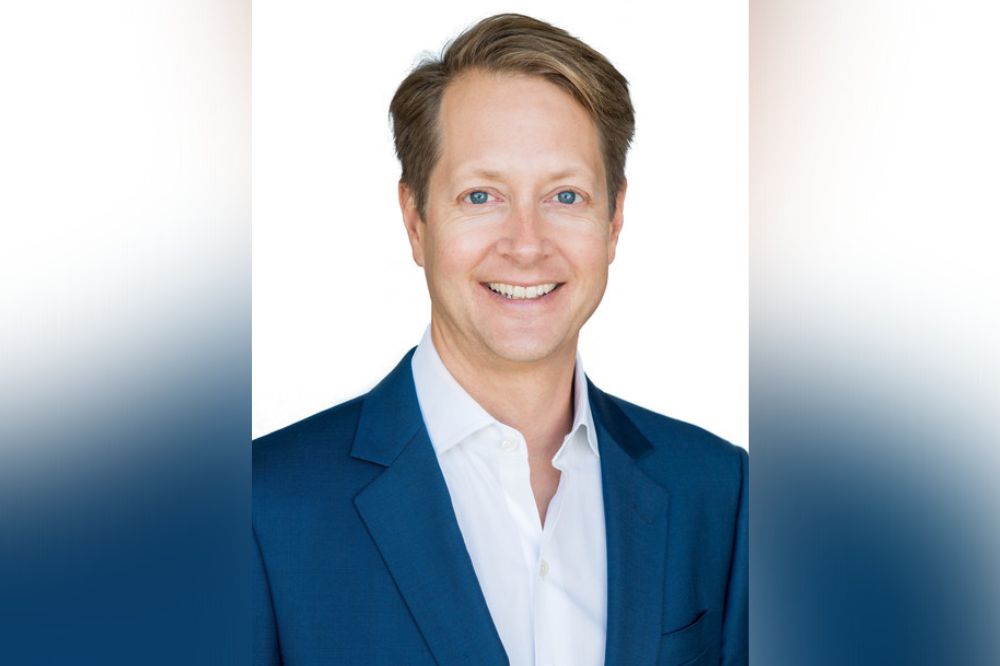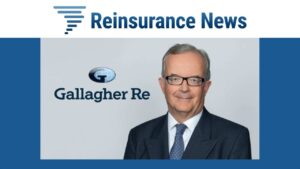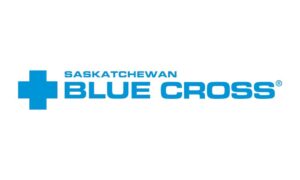MGA on tackling one of the biggest protection gaps in the US

“It’s clear that there is a lot of demand for flood insurance and an inadequate set of solutions in the market today, so we worked with our producers to design a product that would address what customers are looking for,” said Paul VanderMarck, chief technology and innovation officer at SageSure.
Around 70% of Texas homeowners affected by flooding from 2017’s Hurricane Harvey did not have flood insurance, according to data from CoreLogic. High levels of uninsured losses were also seen in the 2016 Tax Day floods, and the 2021 flash floods in South Texas.
SageSure observed a consistent pattern among uninsured homeowners: they are residents in areas deemed to have lower risk of flooding by the Federal Emergency Management Agency (FEMA). But the risk remains, VanderMarck stressed.
Read more: SageSure launches residential flood product
“Every time you have a flood event, whether it’s a tropical storm or a hurricane, it’s the same story. We saw it during Hurricane Harvey, during the Tax Day floods, and so forth. Many people who live outside the highest risk, FEMA-mapped flood zones are those who end up having flood damage, and often they have no flood insurance,” he told Insurance Business.
The majority of SageSure’s policyholders are homeowners in lower risk areas, not in the highest-risk zones where residents are required to flood insurance by mortgage lenders. For SageSure, the problem that needed to be solved was how to make flood insurance available, compelling, and affordable to people who aren’t required to purchase any.
Take-up of traditional National Flood Insurance Program (NFIP) coverage has also remained low for several reasons, according to SageSure. The top reasons are limits on coverage and pricing that doesn’t reflect individual property risk profiles, according to VanderMarck.
“The pricing is not reflective of the actual risk, which means that people in lower risk areas are effectively subsidizing people in higher risk areas. You see lower take up among people in the lower risk areas because they’re paying, in many cases more than the cost of risk would suggest they should pay, and they’re still not getting complete coverage,” VanderMarck explained.
SageSure’s residential flood program is unique in the market for three reasons. The first is that it will offer comprehensive, full limits coverage. The second is that the coverage is an add-on to their existing home insurance policies, versus a standalone policy that’s commonly found in the private flood insurance market.
“Our product offers multiple levels of coverage, so it’s flexible and can be customized. But more importantly, it includes full limits coverage, which means a homeowner can buy coverage that matches the limits of their home insurance policy,” VanderMarck said.
The benefit for agents is that it takes less work for an agent to quote as an add-on policy. “More than half our customers pay their insurance premium through the mortgage escrow process. Our flood coverage can be combined with that, which makes it’s very easy for the customer,” added VanderMarck. “There’s a single bill to be paid, and a single claims adjuster handling your entire claim in the event of a loss, which you can’t have with a standalone flood insurance policy.”
The third unique feature of SageSure’s offering is that it uses a risk-based pricing model for all coverage levels, providing homeowners with more affordable alternatives to secure full limits for flood insurance compared to the cost of NFIP coverage. The program is available through SageSure’s carrier partner, SURE, and was developed with a leading global reinsurer.
Read more: What’s powering parametric flood insurance?
“Our fundamental goal is to dramatically increase the take up of flood insurance among our policyholders. The protection gap is real, and we believe we can help close it,” VanderMarck said.
Following positive feedback from a limited group of producers during the program’s soft launch at the beginning of summer, SageSure is proceeding with the program’s expansion to other states next year.
“In our current market where premiums are going up and inflation is driving up replacement costs, agents are naturally reluctant to introduce something new to customers that would increase premiums further. But we’re seen excellent results for agents who have added flood coverage to homeowners’ policies,” shared VanderMarck.
For the insurance head, US homeowners are already keenly aware of the catastrophic impact of events like Hurricane Harvey. But the flood insurance market hasn’t given them adequate solutions to carry their risk.
“The challenge for agents is not on educating customers on their flood risk, it’s whether you have a good solution to offer them for that risk,” VanderMarck said. “There’s a strong latent demand for this coverage, especially when a producer can offer them a compelling product at a good price. As an agent, I wouldn’t be hesitant about introducing this option to customers despite the hard market.”




